Oscar's Foreign Race Pt 3 - Female Directors
 Tuesday, October 9, 2018 at 4:45PM
Tuesday, October 9, 2018 at 4:45PM With the 87 wide official list of foreign Oscar submissions released to consider, we thought we'd dig a little deeper this week into various aspects of the race. We've already shared all the trailers so let's break down how the directors shake out with the rich and promising topic of women behind the camera.
FEMALE DIRECTORS
Contrary to popular internet belief, very generally speaking of course, female directors overseas are not as rare or as systemically unsupported as they have historically been in the US. There are usually at least a handful of female-helmed films in the long official submission list. This year we have the second most we've ever had in the run up to the nominations. Of the 87 movies in contention, 20 were directed or co-directed by women.
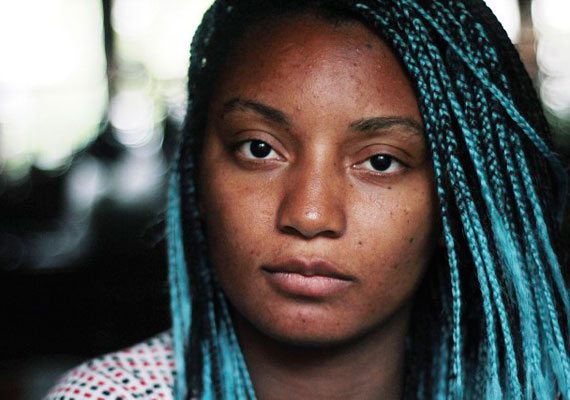
Rungano Nyoni was born in Zambia but emigrated to the UK when she was a little girl. Her debut feature is the widely acclaimed I Am Not a Witch (2018) which won the BAFTA last season for Outstanding Debut and is now playing in selected cities in the US. She was previously nominated at the BAFTAs for a short film Mwansa the Great (2011). She is the second female filmmaker chosen by the UK for the Oscars, the first being Havana Marking for Afghan Star (2009) but that number isn't as dire as it sounds. The UK has only submitted 16 films in the history of the Oscars since most of the films produced there are in English...
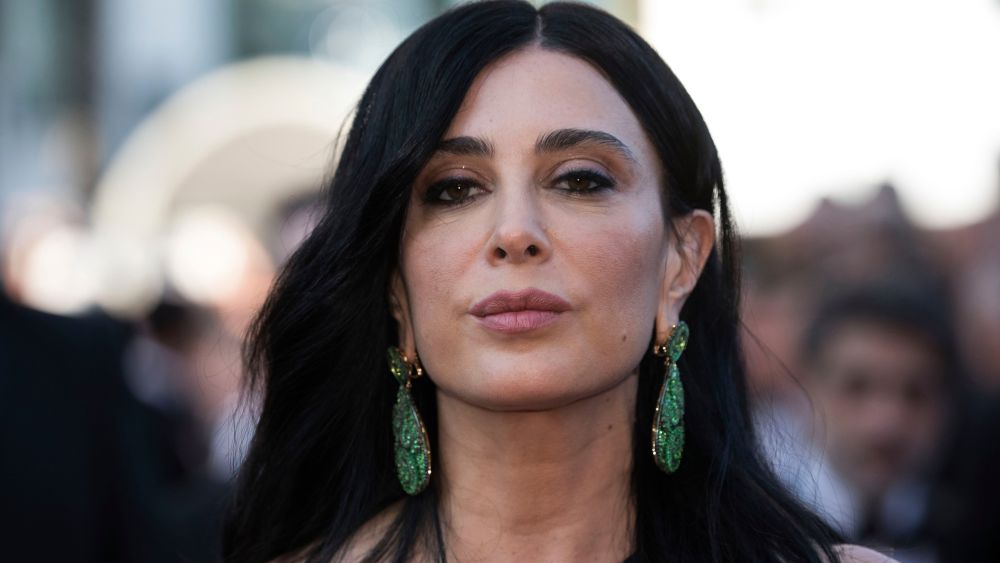
Nadine Labaki is Lebanon's most internationally prominent director breaking through 11 years ago with the hit Caramel (2007). Her latest festival sensation Capernaum (2018) won a special Jury prize at Cannes and is opening in several international markets over the next few months including the US on December 14th.
18 more women after the jump...
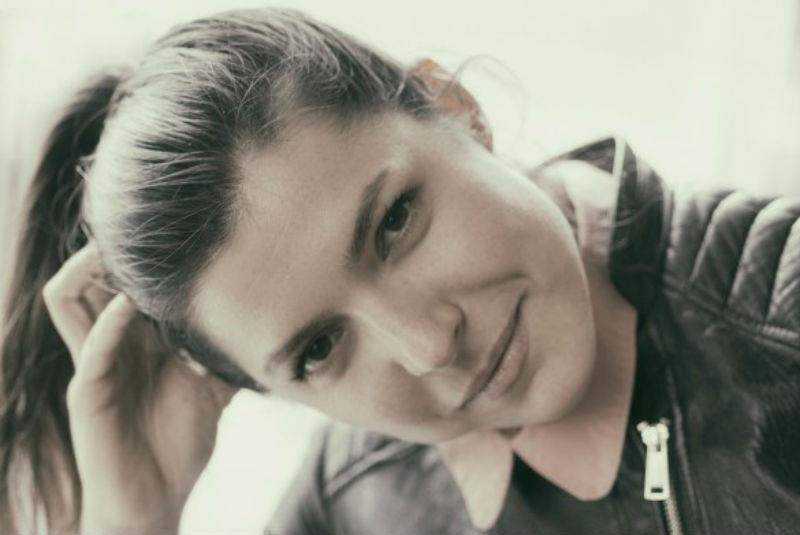
Darya Zhuk is a NYC based filmaker who was born in Belarus. She's been making shorts since 2011 and Crystal Swan (2018), which premiered at the Karlovy Film Festival, is her debut feature. Belarus has only ever submitted three films to the Oscars and, of those, two have been from female filmmakers.
 Ruth Beckermann © Alexi Pelekanos
Ruth Beckermann © Alexi Pelekanos
Ruth Beckerman directed the Austrian submission The Waldheim Waltz. She has been making documentaries in Austria since the late 1970s. Austria has submitted female-helmed films in four of the last ten Oscar races.
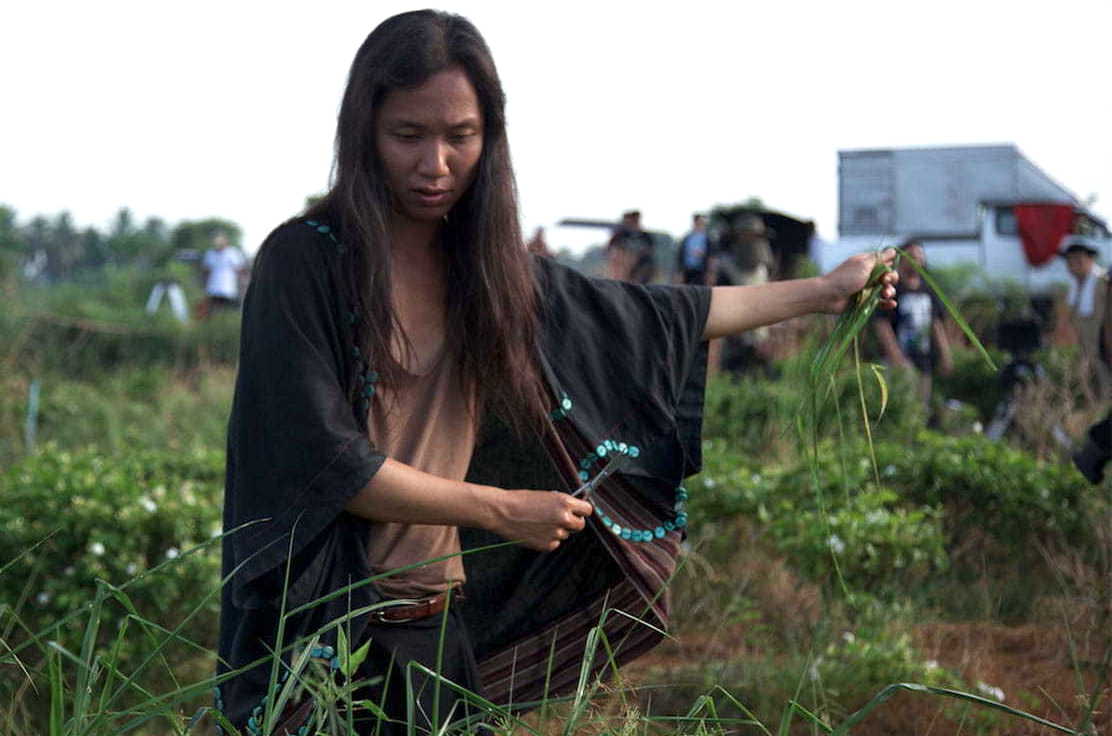
Anucha Boonyawatana, a trans woman, directed Thailand's submission Malila: The Farewell Flower which is a gay drama. In fact all three of her films have been about gay men. She previously directed Down the River (2004) and Blue Hour (2015), the latter of which you might have seen since it streamed on Netflix for a while. This is the third consecutive film directed by a woman to be submitted by Thailand, though before that they had only given this honor to men.
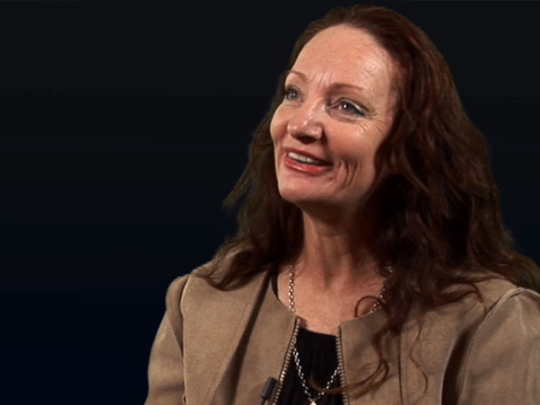
Pietra Brettkelly is a former journalist now documentarian in New Zealand. New Zealand has only submitted six films to the Oscars but two of them have been hers: A Flickering Truth which is in the Dari language and now Yellow is Forbidden which is in Chinese.
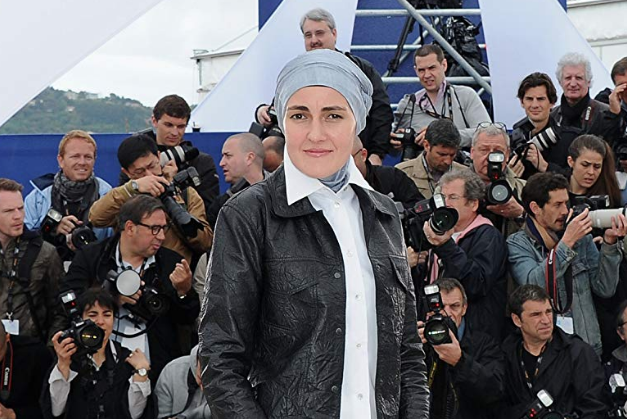
Aida Begic, a 42 year old director from Sarajevo, holds the honor of being the second most often submitted director for her home country of Bosnia and Herzegovina (Danis Tanovic, who won Bosnia its only Oscar for No Man's Land is the most-often submitted). She's made three regular features in her career and all three became Oscar submissions: Her debut Snow (2008) took the Grand Prize at Cannes Critics Week in its year and netted her an EFA nomination for "European Discovery". She followed that up with another Cannes prize winner Children of Sarajevo (2012). And now she has Never Leave Me (2018) in the race. 5 of Bosnia's 16 submissions have been from female filmmakers though Begic is responsible for most of that number.
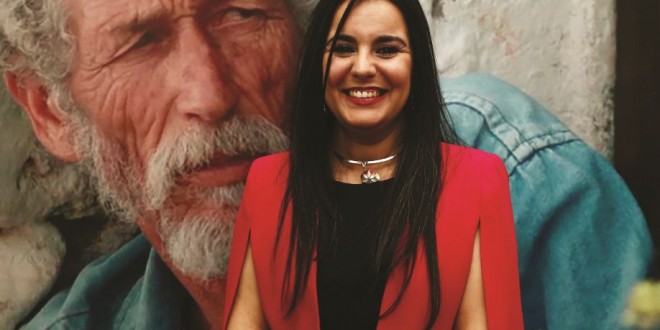
Yasmine Chouikh directed the Algerian submission Until the End of Time. It's her debut feature but here's a very cool bit of trivia: as a kid she acted in the Algerian submission Rachida (2002) which was directed by her mother Yamina Bachir who now serves as editor on her daughter's debut! They are the only female filmmakers ever submitted by Algeria.
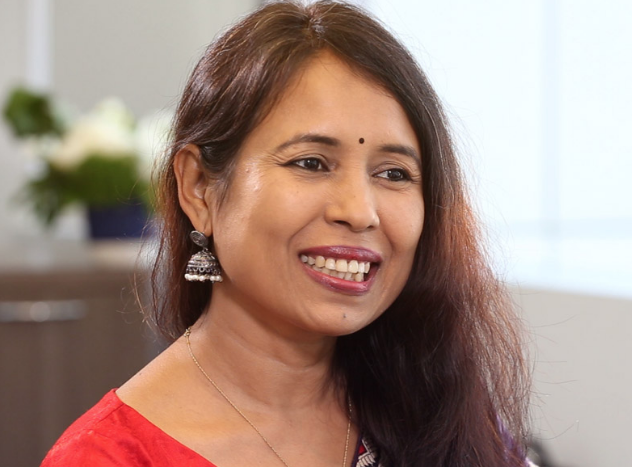
Rima Das is off to a speedy start to her career. Her debut features Man with the Binoculars was just two years ago and she's already made two more pictures, Bulbul Can Sing (which we reviewed at TIFF) and India's Oscar submission Village Rockstars. This is the sixth time India has submitted a female director since they began submitting in 1957. The first female director they submitted (and only to be nominated) was Mira Nair for Salaam Bombay! in 1988.

Sophie Dupuis directed the Canadian submission Chien de Garde (it's chosen Family Ties as its English title though the literal translation is Watch Dog). This is her debut feature though she's been directing shorts since 2007. You can follow her on Instagram.
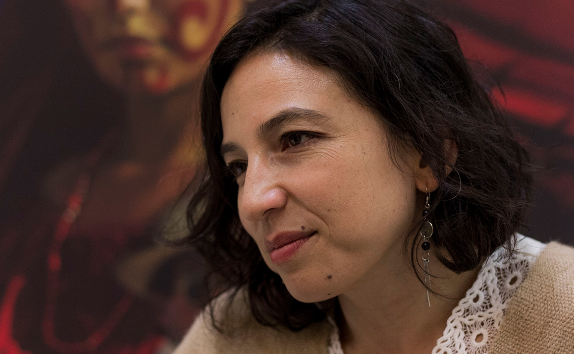
Cristina Gallego born in Bogota, is making her directorial debut alongside her husband Cirro Guerra for Colombia's Birds of Passage (2018). The 40 year old filmmaker usually works as a producer and in fact, produced TWO of this year's Oscar submissions, Colombia's entry that she co-directed and the documentary Ruben Blades is Not My Name which is Panama's sumbission. She previously produced the Oscar-nominated Embrace of the Serpent (which we've raved about several times here) which was directed by her husband. This is the third time Colombia has sent a film directed (or in this case co-directed) by a woman. The other films were Dominique de Rivas' El Rey (2004) Maria Gamboa's Mateo (2014).
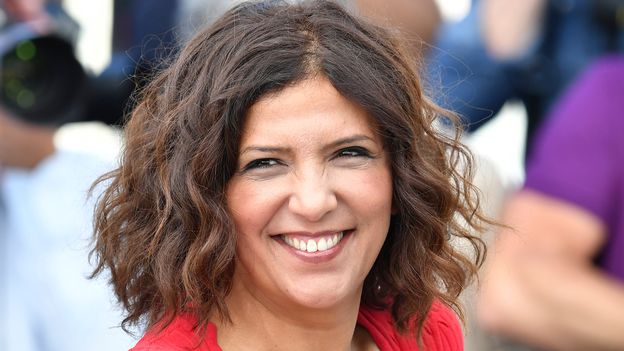
Kaouther Ben Hania directed Beauty and the Dogs, the Tunisian submission which you can stream now on Amazon Prime. This is her third narrative feature. She's also made shorts and one documentary.
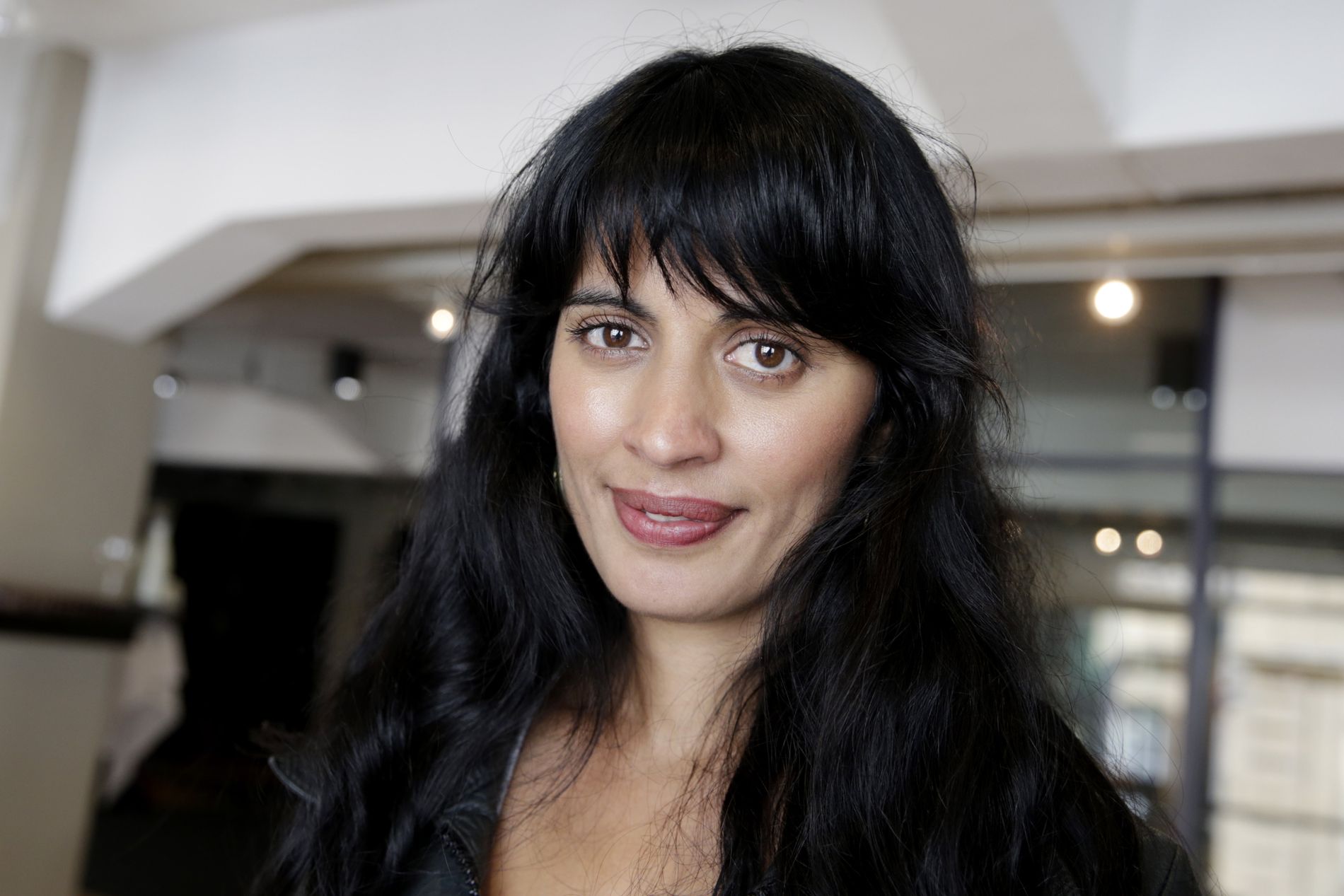
Iram Haq, a Pakistani-Norwegian director, made a movie about a young Pakistani-Norwegian girl whose parents send her to Pakistan because she's becoming too westernized in her thinking. What Will People Say? is her second film and second submission from Norway. Her first was I Am Yours (2013). What Will People Say? is available to stream on iTunes.
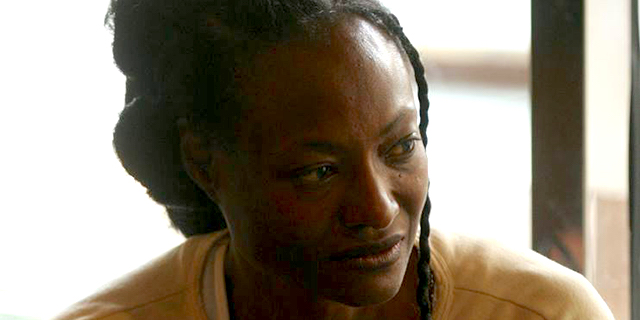
Rahmatou Keïta is making her feature debut with Niger's first Oscar submission The Wedding Ring which apparently took a long time to get released at home because we saw it (and enjoyed it) in 2016 at TIFF. Keïta previously made one documentary.
(Important Note: Niger is not to be confused with Nigeria, though the countries border each other. Nigeria is home to 'Nollywood' which is the booming center of African movie-making. But Nigeria never submits movies to Oscar's foreign-langauge film race because most Nollywood films are actually in English)
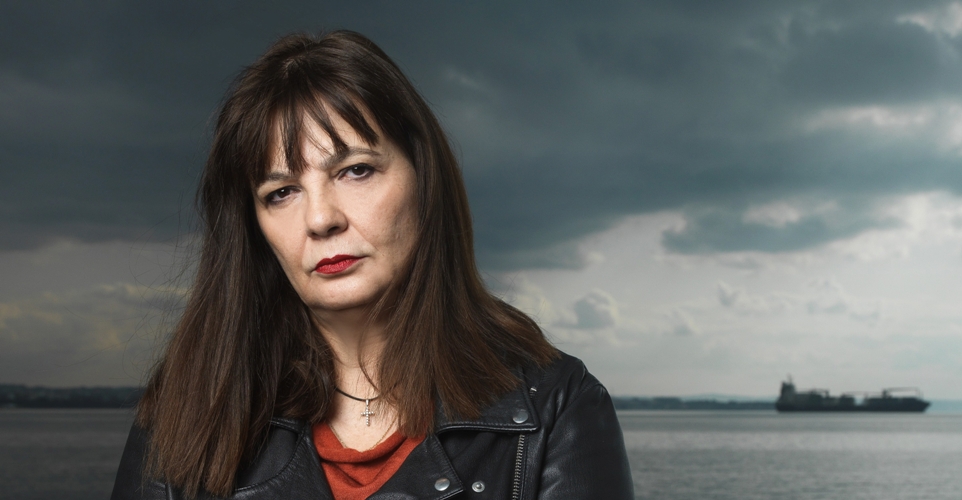 Dora Masklavanou © by Aris Rammos.
Dora Masklavanou © by Aris Rammos.
Dora Masklanou directed the Greek submission POLXYENI (2018). It's her third feature. She's also an editor and an actress. Greece has submitted female directors in three of the last ten Oscar races.

Kay Nguyen is co-director of The Tailor, Vietnam's submission, with fellow director Tran Buu Loc. Though IMDb lists this as a debut film for each, articles I'm seeing with mangled google translation don't behave as if they are first timers. If we have any Vietnamese readers, perhaps you could fill us in please on this movie and these directors? I've also been unable to find a photo of both directors together and articles about them tend to only focus on one of them, rather than their collaboration. Strange. Any information on this pairing and this movie is appreciated in the comments.

Alexandra Latishev Salazar is just 30 years old and making her directorial debut with the university student pregnancy drama Medea. She previously worked as a editor, writer, and director on short films.
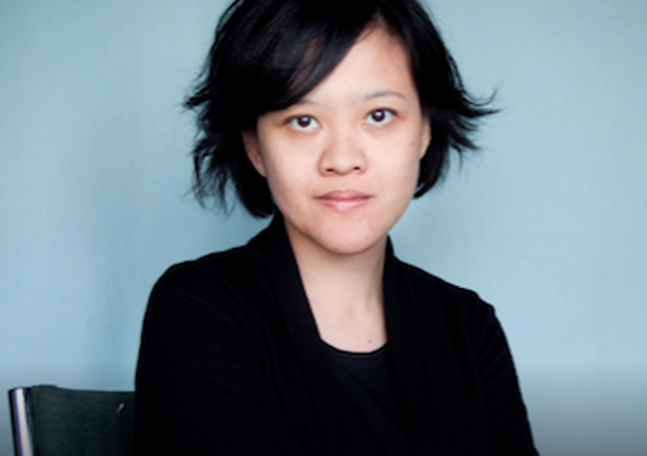
Mouly Surya is representing Indonesia this year with Malina the Murderer in Four Acts. It's her third feature as a director and fourth as a writer. You can follow her on Instagram.
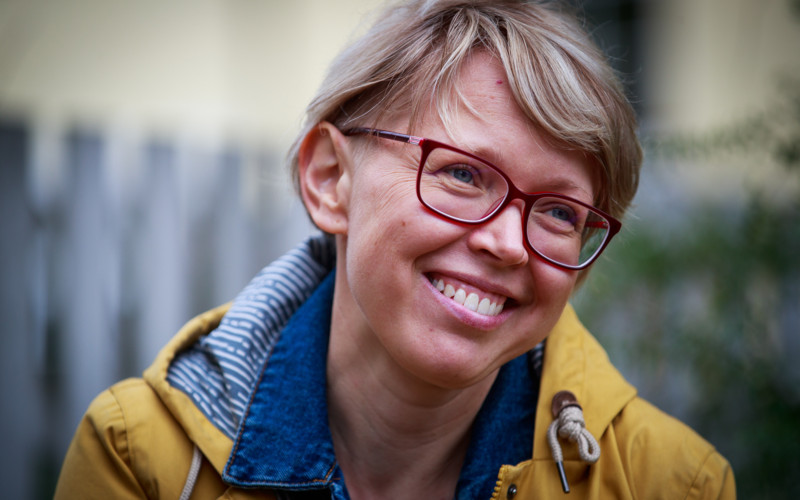
Liina Trishkina-Vanhatalo has been making documentaries and shorts since 2001. The single father drama Take It Or Leave It is her debut narrative feature and Estonia's Oscar submission
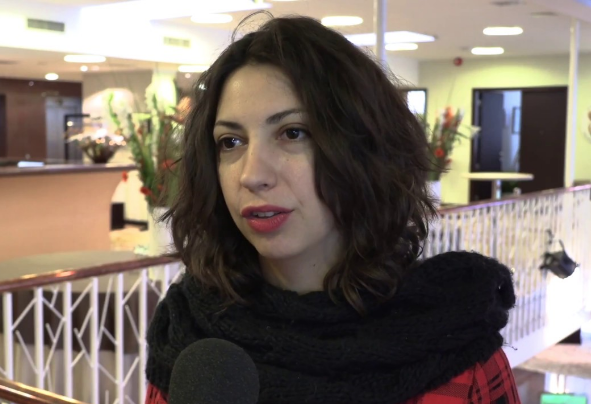
Blerta Zeqiri is a 39 year old Kosovan writer/director making her feature debut with the love triangle drama The Marriage about a woman who doesn't realize her fiance is in love with his best male friend. It's the first Kosovan film to feature a graphic gay sex scene. Zeqiri previously won awards for her short films.

There's more to come but for now you can read more about the films here, see the current predictions, and watch all the submission trailers. We aim to provide you with the best foreign film Oscar coverage on the web each year!



Reader Comments (11)
Want to give you, Nathaniel, a huge applause and thanks for taking the time to write an article like this. Love it.
Hello Nathaniel! Just two small corrections.. There's a twentieth woman in the running this year; Norway's submission is in fact directed by Iram Haq.
And, this year gets "the silver medal" in terms of female-directed submissions: last year, the number of foreign movies submitted, directed or co-directed by women, was 26 (nations who went for a female director were: Afghanistan, Argentina, Armenia, Australia, Bulgaria, Cambodia, Croatia, Ecuador, Georgia, Haiti, Hungary, Iran, Laos, Luxembourg, Mexico, the Netherlands, Palestine, Panama, Paraguay, Poland, Singapore, Slovenia, Spain, Switzerland, Taiwan and Thailand)
We could have had Alice Rohrwacher... not cool Italy
Marco - thank you. I cant believe i forgot to put in Iram Haq, being a Norwegian cinema enthusiast. I saved her picture for this article and everything and somehow left her out. thanks for the catch.
Great article - thanks, Nathaniel.
I love Mouly Surya!!!
And Labaki's CAPHERNAUM, a piece of abject misery porn disguised as UNESCO docu-friendly sentimental propaganda might be THE WORST OF ALL. Proving that women directors can be as manipulative and douche as some MEN.
Gender does not recognize crap. By all means, the absence of ANY mention to Rohrwacher's masterpiece "Happy as Lazzaro" (NOW playing at NYFF) snubbed by the Italian Committee all the more hurting.
And Labaki's CAPHERNAUM, a piece of abject misery porn disguised as UNESCO docu-friendly sentimental propaganda might be THE WORST OF ALL. Proving that women directors can be as manipulative and douche as some MEN.
Gender does not recognize crap. By all means, the absence of ANY mention to Rohrwacher's masterpiece "Happy as Lazzaro" (NOW playing at NYFF) snubbed by the Italian Committee all the more hurting.
And Labaki's CAPHERNAUM, a piece of abject misery porn disguised as UNESCO docu-friendly sentimental propaganda might be THE WORST OF ALL. Proving that women directors can be as manipulative and douche as some MEN.
Gender does not recognize crap. By all means, the absence of ANY mention to Rohrwacher's masterpiece "Happy as Lazzaro" (NOW playing at NYFF) snubbed by the Italian Committee all the more hurting.
What a great article! Thank you for all the work and thought you’ve put in here for us.
CAPERNAUM does NOT deserve to be on here. It is shameless misery porn, made by a Beverly Hills-style right-winger pretending to care about the poor for awards season.